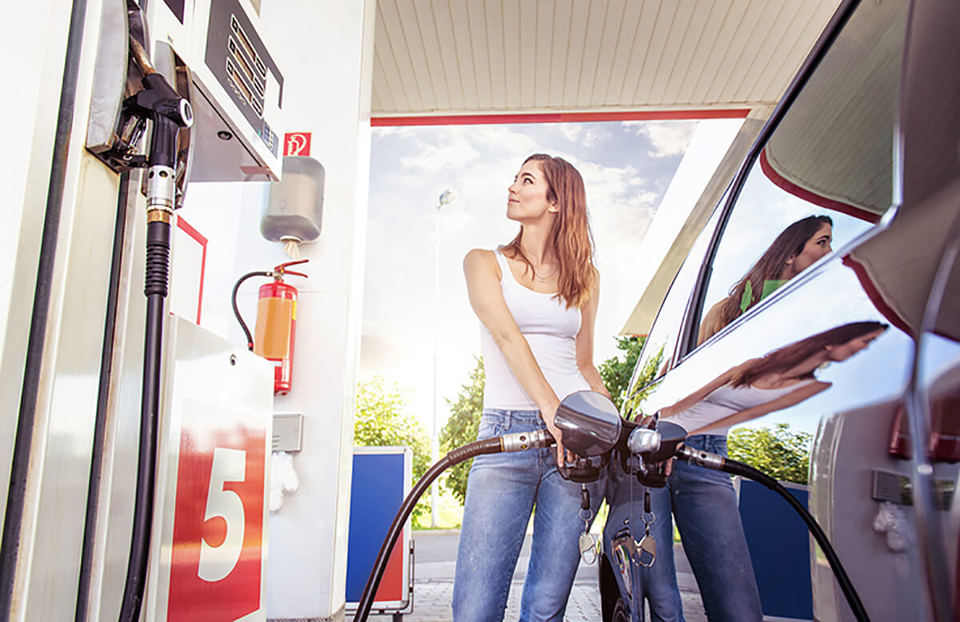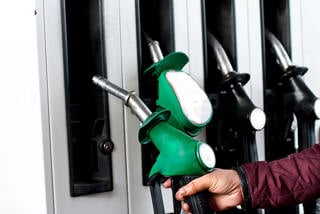The RAC has labelled current forecourt prices unjustified, with retailers adding on average another 3.1p to a litre of unleaded and 2.7p to diesel, even though wholesale costs have fallen.
Wholesale petrol prices tumbling 10p in November to their lowest levels since September, yet retailers continued to increase prices, with the average cost of a litre of unleaded ending the month at 147.28p, says RAC.
It was a similar picture for diesel, with prices up to 150.64p by November 30, in spite of wholesale costs having fallen by 7p from the middle of the month.
Prices for both fuels peaked at record highs on November 21 and 20 respectively – petrol 147.72p per litre and diesel 151.1p.
The RAC believes there is absolutely no justification for the high prices being charged on forecourts and is pleading with retailers to cut pump prices immediately to fairer levels – by around 12p a litre for petrol and 7p for diesel – or clearly explain the reasons for charging the prices they are.
RAC fuel spokesman Simon Williams said: “We can’t see any justification for the prices that are being charged at the pumps and are concerned that drivers on lower incomes who depend on their vehicles are being priced off the road altogether.
“The wholesale petrol price, which is what retailers pay to buy new supply, dropped by 10p from mid-November, so we can’t see how any increase – let alone a 3p one – was warranted.”
The discovery of the Omnicron Covid variant is the reason for the sudden drop in wholesale prices towards the end of the month, with a barrel of oil falling to $70.90 at the end of November, down from $84.74 at the start.
“Much earlier in the pandemic we saw retailers’ margin on fuel understandably increase as the oil price plummeted on the back of people being told to stay at home,” continued Williams.
“Despite the news of a new Covid variant, we are in a completely different world now with car use near to pre-pandemic levels so retailers shouldn’t be taking huge profits on every litre of fuel they sell.
“We therefore urge them to do the right thing and cut their prices to much fairer levels as matter of urgency.”
Williams also suggests that competition in fuel retailing is not working, demonstrated by no one publicly defending their refusal to lower pump prices.
“There appears to be no desire among the big four retailers, which dominate fuel sales, to lower their prices to entice customers to store,” he said.
“If a major brand were to cut its prices tomorrow, you can guarantee that within hours the others would do the same. It would be much fairer if retailers mirrored wholesale prices more closely on a daily or weekly basis.”
The RAC is urging the Government to intervene. “It’s a sad fact that the Chancellor’s fuel duty freeze last month, while welcome, simply wasn’t anywhere near enough to ease the burden now being placed on millions of households who have no choice but to use their vehicles,” explained Williams.
“While the Chancellor could introduce a temporary cut in VAT on motor fuel it might be better for the Government to ask the biggest retailers to explain why they’re charging such high prices for fuel when wholesale prices have dropped.”
RAC Fuel Watch data shows that the cheapest petrol currently on sale is from Asda supermarkets where a litre costs on average 144.47p, with Morrisons not far behind at 145.52p. It’s the same for diesel, with Asda charging 147.47p a litre and Morrisons 148.69p.

























Login to comment
Comments
No comments have been made yet.